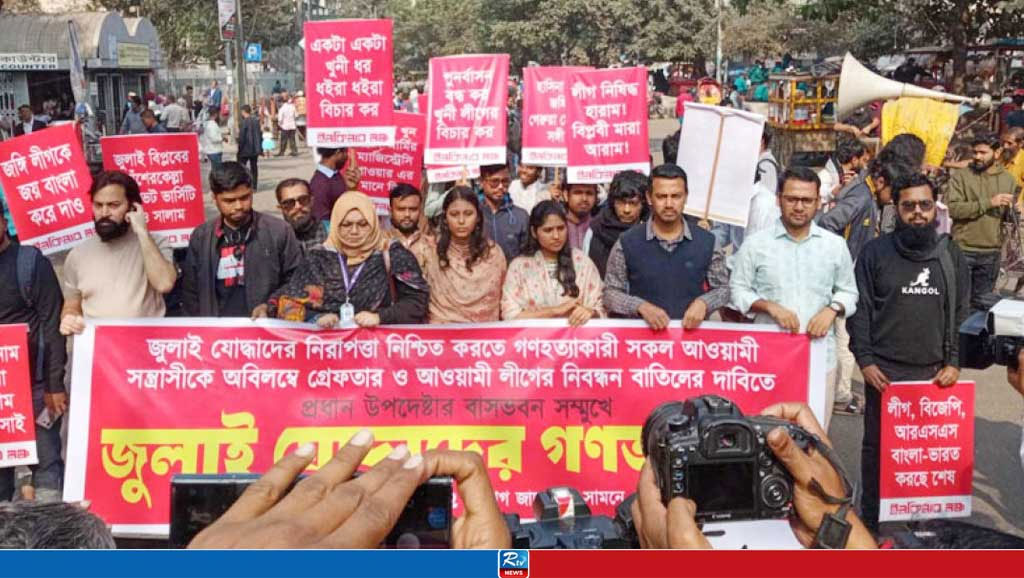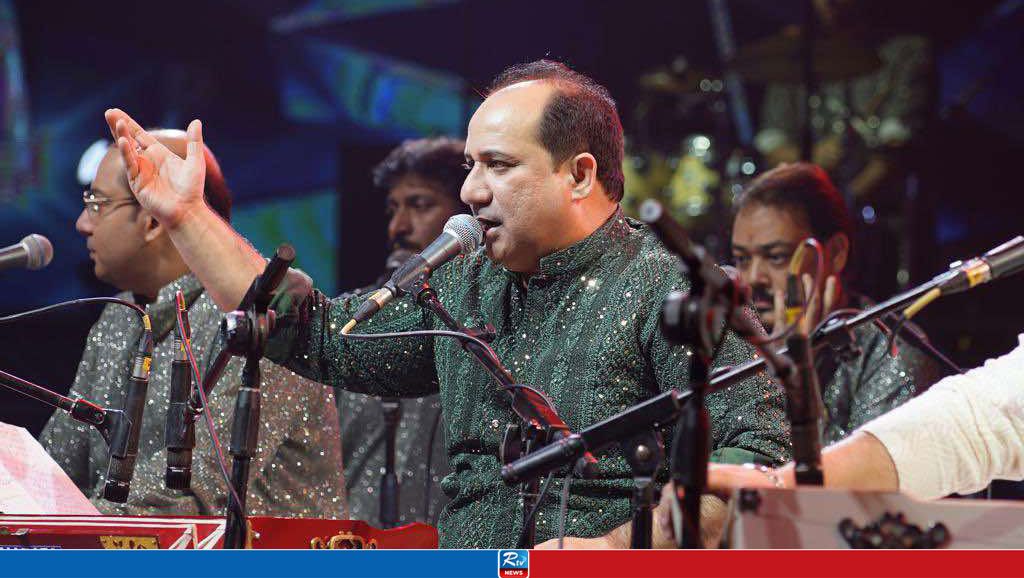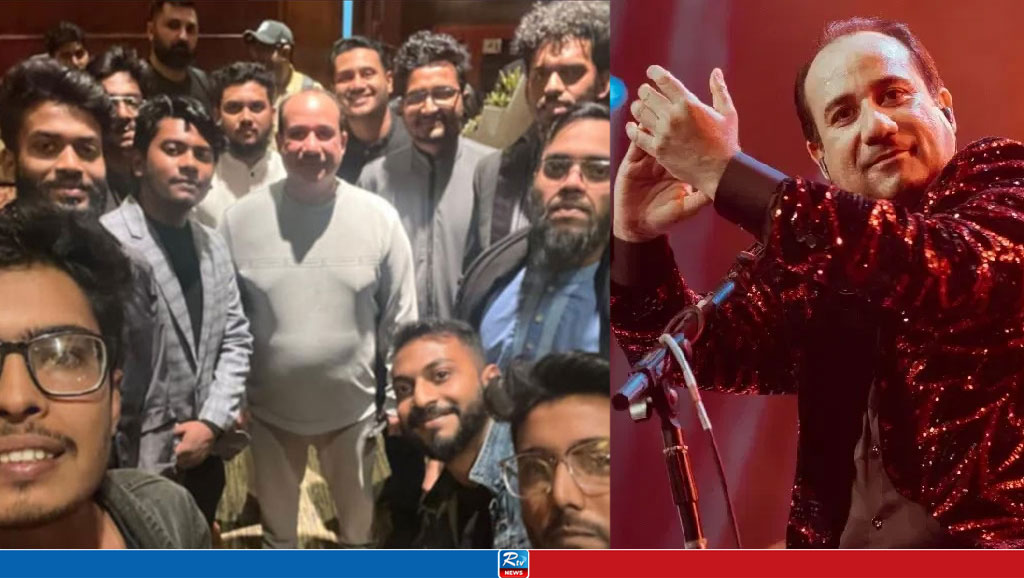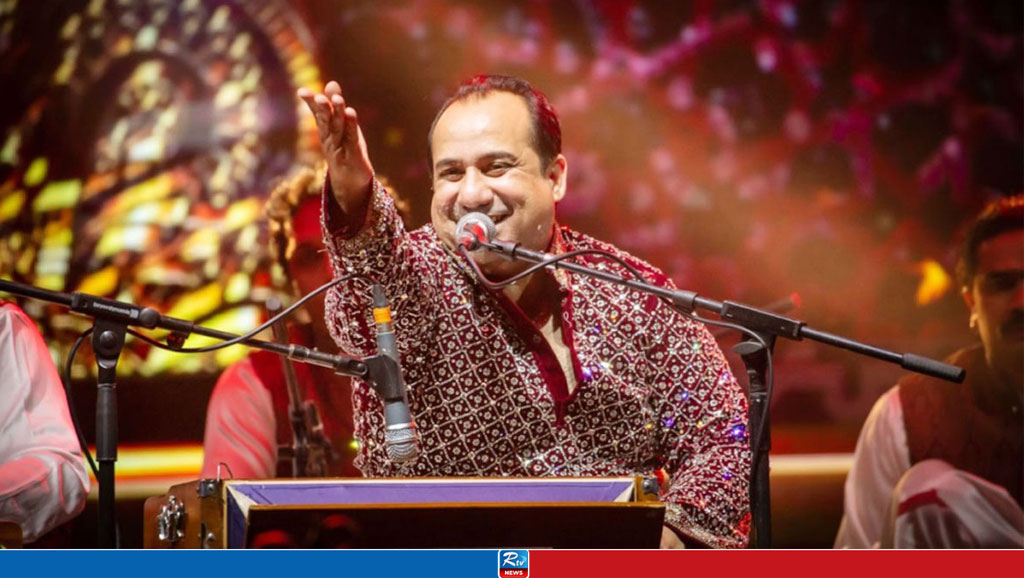Rabha, Revolution and Resilience: An ode to a visionary
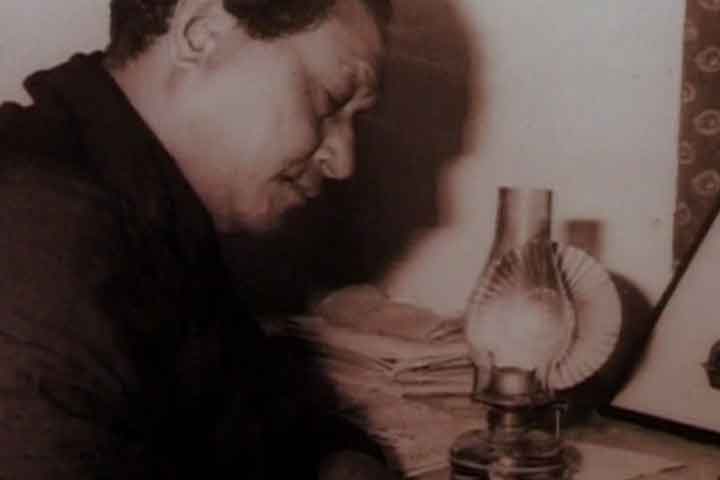
It was the time of Assembly Elections in Assam. Bishnu Rabha, the revolutionary who need not require any introduction, even then, had already lost his first elections by a narrow margin. But, this time, Rabha’s victory was almost certain. However, with contemporary politics of 2023, when the parliamentary discussions result in quitting sessions in between with democracy almost becoming a myth, this incident between Rabha and his contender Bijoy Sarma from the Congress can never fade away.
Bijoy Sarma and Bishnu Rabha had acted together in plays at the historic Ban Theatre in Tezpur. While campaigning in an ambassador car one day, Bishnu Rabha and Phani Sarma noticed a car with the Congress flag approaching from the opposite direction. It turned out to be Bijoy Sarma’s car. Rabha asked the driver, Bijit Saikia, to stop, and he and Phani Sarma got out to greet their fellow artist.
Rabha asked, “How is your campaign going, Bijoy?” to which Sharma replied, “It’s progressing well, Bishnu da. I believe you will win this time.” Rabha, in his usual straightforward manner, concluded by saying, “As for me, I would rather see you succeed. Regardless of who wins, they should not betray the poorest and most neglected members of society. They have blessed us, and we must not squander it. You should know that my best wishes are always with you.”
Bijoy Sarma offered betel leaves to his mentors and engaged in a conversation with them for almost thirty minutes. The camaraderie between these political rivals left the spectators bewildered and they stood there in astonishment.
Bishnu Prasad Rabha was an extraordinary figure whose artistic brilliance and unwavering revolutionary spirit left an indelible mark on Assam’s cultural landscape. Through his multifaceted genius, Rabha reshaped the world of arts, challenging societal norms and advocating for social justice. As a visionary artist and revolutionary comrade, his contributions to literature, theatre, music, and activism continue to inspire generations, weaving a tapestry of revolution and literary genius.
Rabha’s artistic brilliance transcended conventional boundaries, encapsulating diverse forms such as painting, music, dance, literature, and theatre. His paintings were vibrant tapestries, merging traditional motifs with modern techniques, depicting the rich heritage and folklore of Assam. Through his brushstrokes, Rabha breathed life into his canvases, capturing the essence of the oppressed, the marginalised, and the unheard. And among the different arts that Rabha made, the one that Assamese society can never look beyond is his portrayal of their Gurujona– Srimanta Sankaradeva.
As a musician, Rabha’s compositions were an ode to the soulful melodies of Assam’s folk music. His heartfelt lyrics resonated with universal themes of humanity, telling the stories of the common people and transcending language barriers. Rabha’s music carried the weight of their struggles, offering solace and igniting sparks of resistance in the hearts of listeners. Of different songs that Rabha wrote and sung, the fact that Rabha Dibas of recent years have majorly played, ‘Parajanamar Subha logonot’ seems a lot unlikely to the identity Rabha carried and the identity, people, today, are bound to remember Rabha as.
Beneath Rabha’s artistic creations thrived a profound revolutionary spirit that defied societal norms. He saw art as a powerful medium to challenge the established order, advocating for social justice and amplifying the voices of the oppressed. Through his art, Rabha became a beacon of hope, urging the masses to question existing power structures and strive for a more equitable world. His quote on the British Rule-
“Raijye ase duiti patha, ekti kalo ekti sada
rajyer jodi mongol chao, duiti patha boli dao”
(There are two exploiters of the country, one is white and the other is brown. For the betterment of the country, we must destroy them both), was not merely critical of the British but also, of the then Feudal Lords in India)
Theatre became Rabha’s platform for social commentary. His thought-provoking plays unmasked the hypocrisies of society, provoking introspection and inspiring action. His plays served as revolutionary manifestos, propelling the audience towards liberation. He was also the President of the Indian People Theatre’s Association (IPTA)
Rabha’s commitment to the welfare of the masses extended beyond his artistic endeavours. Inspired by socialist ideologies, he actively participated in the struggle against colonialism and fought for the rights of the working class.
Through his political activism, Rabha established organisations that championed the cause of the marginalised. He fought for land rights, education, and cultural preservation, recognising the interconnectedness between art and social progress. Rabha merged his artistic brilliance with his revolutionary spirit, becoming a vanguard of change and empowering the marginalised to reclaim their rightful place in society.
Rabha also has to credit, the development of the film industry in the state. Being a member of the legendary trio of Jyotiprasad Agarwalla, Phani Sharma and Bishnu Prasad Rabha, his role in Joymoti, not only marked the introduction of Rabha in Films, but films, as a whole, to the people of Assam.
Source: www.eastmojo.com
Comments
Small Plane Carrying Six People Crashes in Costa Rica
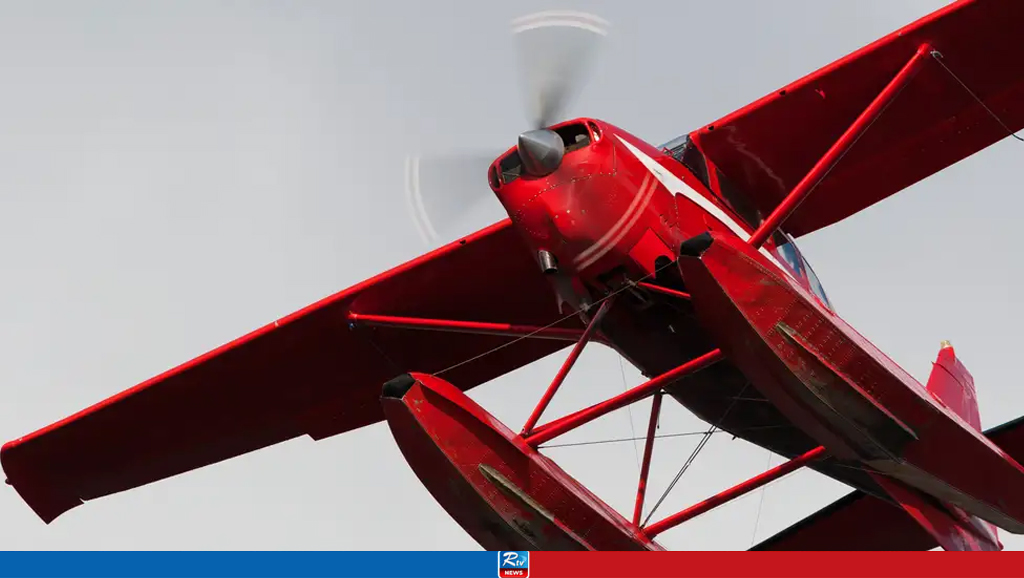
5 Dead in Pakistan Protests; Army Deployed in Islamabad
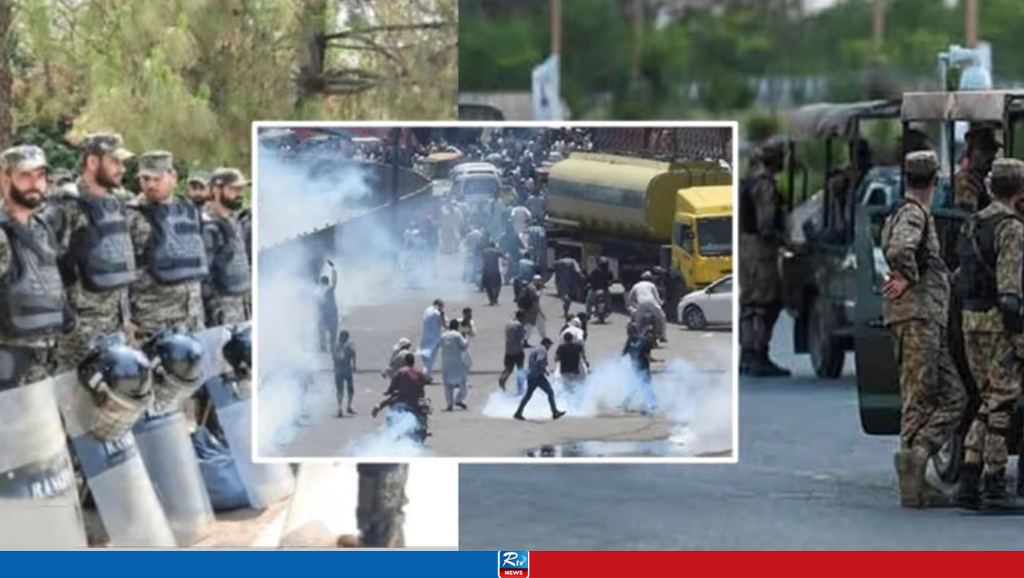
Japan's Space Agency Aborts Epsilon S Rocket Test After Fire
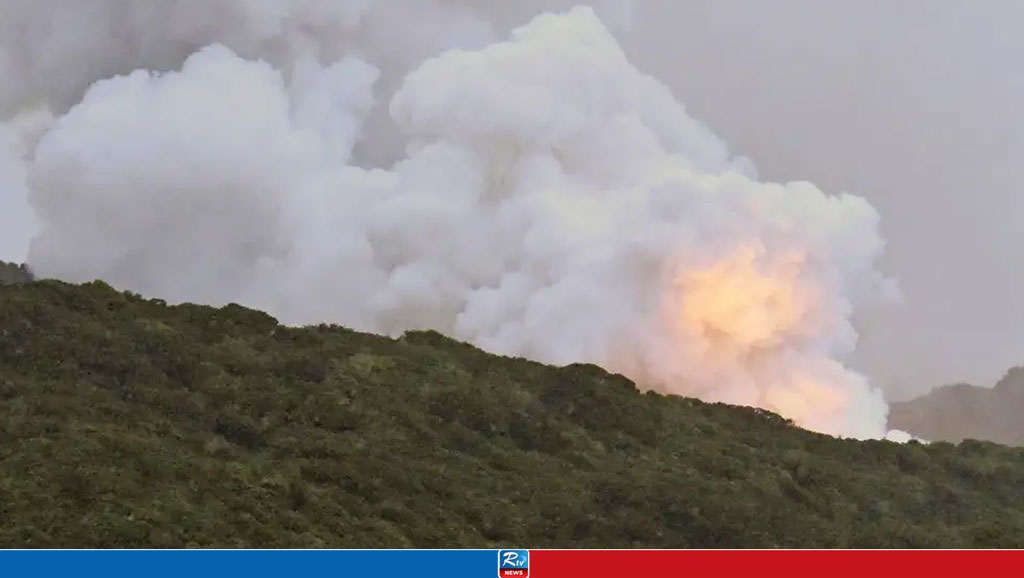
Mahathir Calls for Unity Among Bangladesh’s Political Leaders

Ukraine Updates: / Zelenskyy Hints at Ending 'Hot War'
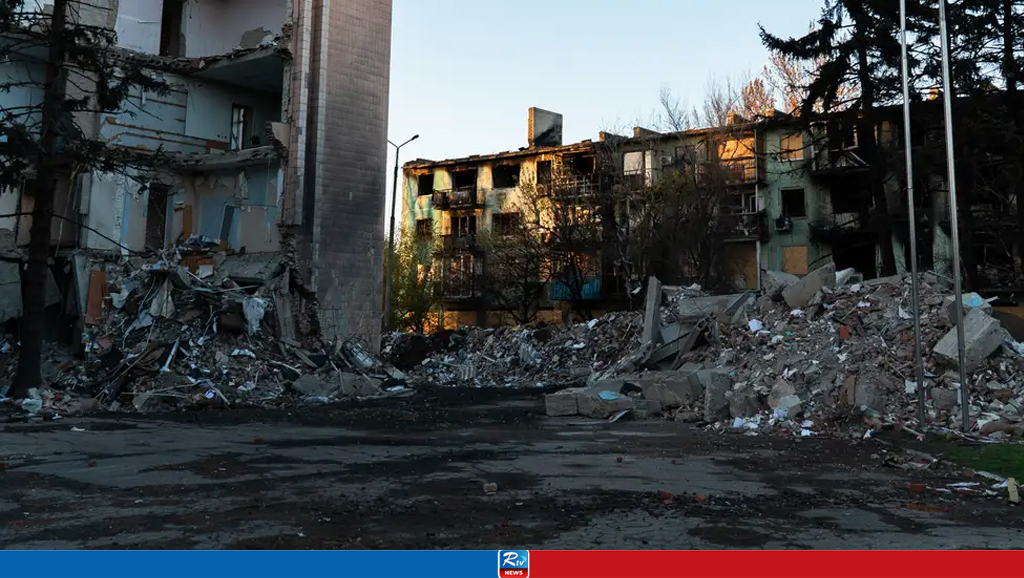
Kolkata Hospital Announces Not to Provide Treatment to Bangladeshis

Leavitt Named Youngest White House Press Secretary in History


 Live Tv
Live Tv

